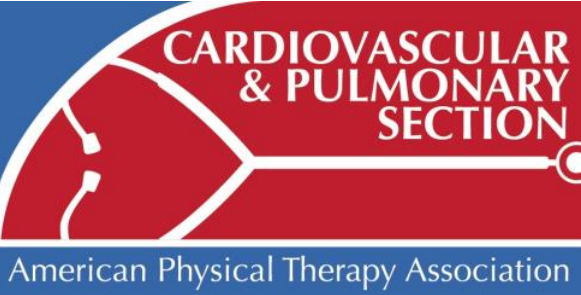
A message from our CEO,
Sam Miller:
"Simple things shouldn’t be so complicated.
Every one of us at North Sunflower Medical Center want to provide the best possible care around. To do that, we need to be constantly asking our patients how they feel about the job we do. Nearly every organization – from a local restaurant, to Amazon, to Walmart – have all forms of complex customer service surveys to see how they can better serve their customers. In fact, even the IRS sends “satisfaction” surveys to people they have recently audited. But federal law prohibits hospitals from reaching out patients after a visit to ask, “How’d we do?”
There are lots of good reasons for this, most importantly your right to keep conversations with your doctor private. But to reach our goal of continuous improvement, we needed to know where we did a good job, and where we need to do better. So this year, we started a partnership with
J.L. Morgan & Associates to find a new solution that helps monitor and track patient experiences.
It’s all entirely voluntary and anonymous. They call to ask a few questions, and then report back the total numbers to us. Because they are entirely separate from North Sunflower Medical Center, they are allowed to ask you things we cannot. Questions like, “Did you doctor clearly explain your treatment options?” Or, “Was your room clean?”
We now get patient satisfaction reports every three months. This has allowed us to change the way we care for you. For example, we saw in the report last December that about 70% of patients said they “Always” received help as soon as they asked for it. This number was above the national average for hospitals, but we felt we could do better.

We shared these patient satisfaction numbers with our exceptional team of committed healthcare professionals, and asked them to come up with a plan to cut response times on all patient requests. We also wanted to better explain how we care for patients each step of the way – so no one would ever feel like their requests weren’t our first priority.
It’s working. In three months, the number of North Sunflower Medical Center patients who said they “Always” received help as soon as they asked for it went up 17 percent (from 70% to almost 87%). That’s better than 90% of all hospitals in the country, but still not where we want it to be. And by asking you where we can do better, we know we are going provide you and your family with even higher quality care.
We are proud that North Sunflower Medical Center is above the national average in 10 of the 11 patient satisfaction categories we track. We are especially proud that almost 90% of our patients report that our nurses “Always” communicate well, and that almost 95% say our doctors do too.
In the coming weeks, we are going to be working on making sure we understand when our patients are in any form of pain, and what we are doing to help manage their discomfort. And we are making sure patients know all they need to do to speed their recovery at home, after they leave our care.
Providing exceptional care is the most important way North Sunflower Medical Center serves this community. We do that by investing in the latest technology, hiring the most talented people, and taking care of the basics. Simply listening to your feedback, and hearing your honest answers aren’t the most high tech things we do around here. But working to be better doesn’t always have to be so complicated."

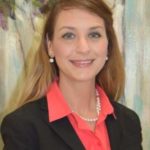 As the old song goes, It’s the most wonderful time of the year. The Holidays are a time to be together with family, exchange gifts and reminisce about Christmases past.
Wow, that’s a lot of pressure.
We all love the holidays, but the difference between what Christmas is supposed to be and what it usually is can create real anxiety. In spending time with family, there is a tendency to focus on who is NOT with you, instead of enjoying those who are.
I talk with a lot of people around the North Sunflower family who tell me they miss the days when Christmas was a time to be a kid again. The parents and grandparents we celebrated with when we were younger are no longer with us, and our own children grow up and start their own families. That can create a sense of loss as we remember the warm glow of Christmases past.
Throw on top of that, the pressure of tightened family budgets, the need to give to many charitable causes this time of year and the natural desire to get that perfect gift for everyone on your list, December can turn us all into a bundle of nerves. Ugh.
As the old song goes, It’s the most wonderful time of the year. The Holidays are a time to be together with family, exchange gifts and reminisce about Christmases past.
Wow, that’s a lot of pressure.
We all love the holidays, but the difference between what Christmas is supposed to be and what it usually is can create real anxiety. In spending time with family, there is a tendency to focus on who is NOT with you, instead of enjoying those who are.
I talk with a lot of people around the North Sunflower family who tell me they miss the days when Christmas was a time to be a kid again. The parents and grandparents we celebrated with when we were younger are no longer with us, and our own children grow up and start their own families. That can create a sense of loss as we remember the warm glow of Christmases past.
Throw on top of that, the pressure of tightened family budgets, the need to give to many charitable causes this time of year and the natural desire to get that perfect gift for everyone on your list, December can turn us all into a bundle of nerves. Ugh.

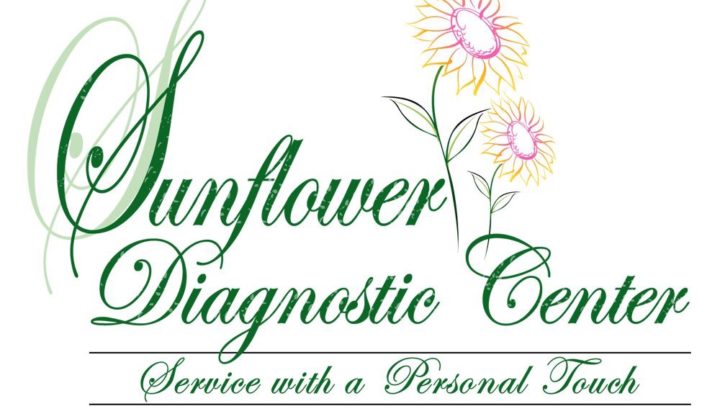

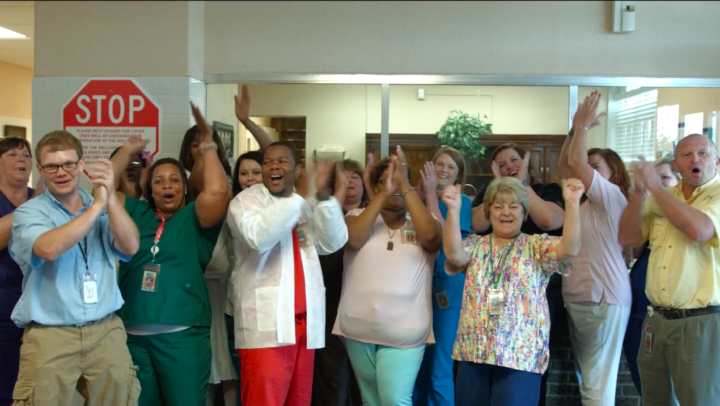
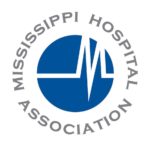 I wanted to take a minute to tell you about a pretty special day we had this week. On Tuesday morning, a good number of the amazing people on what we like to call “Team North Sunflower” took a few minutes to celebrate North Sunflower Medical Center being named the
I wanted to take a minute to tell you about a pretty special day we had this week. On Tuesday morning, a good number of the amazing people on what we like to call “Team North Sunflower” took a few minutes to celebrate North Sunflower Medical Center being named the 

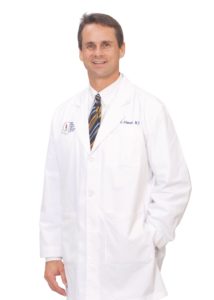
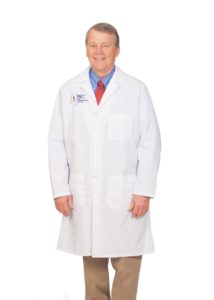

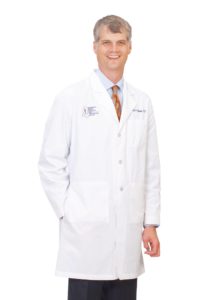

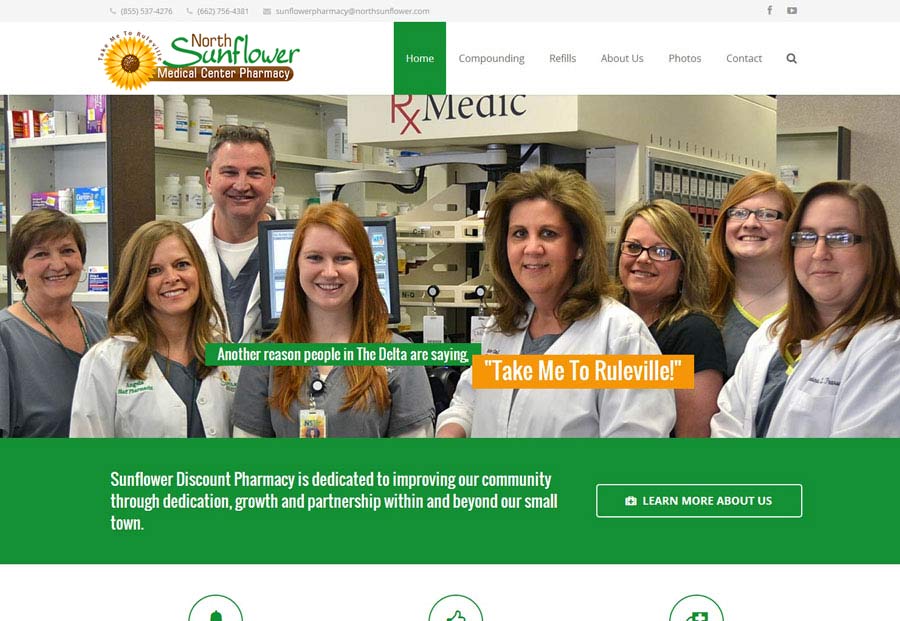
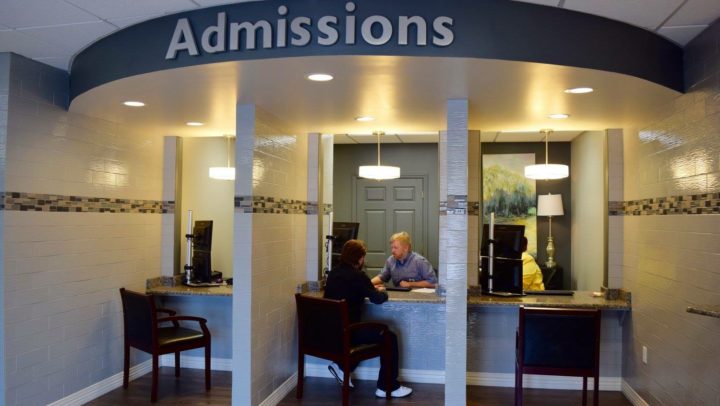
 We shared these patient satisfaction numbers with our exceptional team of committed healthcare professionals, and asked them to come up with a plan to cut response times on all patient requests. We also wanted to better explain how we care for patients each step of the way – so no one would ever feel like their requests weren’t our first priority.
It’s working. In three months, the number of North Sunflower Medical Center patients who said they “Always” received help as soon as they asked for it went up 17 percent (from 70% to almost 87%). That’s better than 90% of all hospitals in the country, but still not where we want it to be. And by asking you where we can do better, we know we are going provide you and your family with even higher quality care.
We are proud that North Sunflower Medical Center is above the national average in 10 of the 11 patient satisfaction categories we track. We are especially proud that almost 90% of our patients report that our nurses “Always” communicate well, and that almost 95% say our doctors do too.
In the coming weeks, we are going to be working on making sure we understand when our patients are in any form of pain, and what we are doing to help manage their discomfort. And we are making sure patients know all they need to do to speed their recovery at home, after they leave our care.
Providing exceptional care is the most important way North Sunflower Medical Center serves this community. We do that by investing in the latest technology, hiring the most talented people, and taking care of the basics. Simply listening to your feedback, and hearing your honest answers aren’t the most high tech things we do around here. But working to be better doesn’t always have to be so complicated."
We shared these patient satisfaction numbers with our exceptional team of committed healthcare professionals, and asked them to come up with a plan to cut response times on all patient requests. We also wanted to better explain how we care for patients each step of the way – so no one would ever feel like their requests weren’t our first priority.
It’s working. In three months, the number of North Sunflower Medical Center patients who said they “Always” received help as soon as they asked for it went up 17 percent (from 70% to almost 87%). That’s better than 90% of all hospitals in the country, but still not where we want it to be. And by asking you where we can do better, we know we are going provide you and your family with even higher quality care.
We are proud that North Sunflower Medical Center is above the national average in 10 of the 11 patient satisfaction categories we track. We are especially proud that almost 90% of our patients report that our nurses “Always” communicate well, and that almost 95% say our doctors do too.
In the coming weeks, we are going to be working on making sure we understand when our patients are in any form of pain, and what we are doing to help manage their discomfort. And we are making sure patients know all they need to do to speed their recovery at home, after they leave our care.
Providing exceptional care is the most important way North Sunflower Medical Center serves this community. We do that by investing in the latest technology, hiring the most talented people, and taking care of the basics. Simply listening to your feedback, and hearing your honest answers aren’t the most high tech things we do around here. But working to be better doesn’t always have to be so complicated."